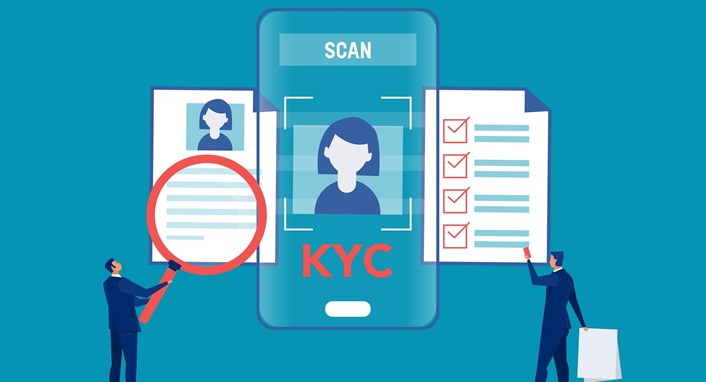
What is KYC Verification?
If you're interested in finding out what KYC verification is, well, it’s the process where a financial institution or other regulated entity collects and confirms the identity of its customers to mitigate money laundering and terrorist financing risks. The term "KYC" stands for "Know Your Customer" and refers to the due diligence procedures that must be followed with regard to customers and the verification of customer identities.
The global regulatory landscape surrounding KYC has become increasingly complex as policymakers have sought to bolster Anti-Money Laundering (AML) and Counter-Terrorist Financing (CTF) safeguards. Financial institutions are now required to verify their customers' identities and those of their counterparties and beneficial owners.
Achieving compliance with these regulations can be daunting for banks and other financial institutions; however, failure to do so can result in steep penalties from regulators. Most firms devote considerable resources to ensuring that their KYC processes are up-to-date and compliant with all applicable regulations.
Why do businesses need to complete KYC verification?
Any firm wishing to do business with another company should complete a KYC process. This involves verifying the other company's identity and investigating its background to ensure that it is legitimate and compliant with all applicable laws.
There are several reasons why businesses need to verify their customers. The first is regulatory compliance. Many countries have regulations requiring financial institutions to know who their customers are and what activities they do. Failure to comply with these regulations can result in hefty fines from regulators.
Another reason why KYC verification is important is fraud prevention. By knowing who your customers are, you can better identify potentially fraudulent activity and take steps to prevent it. A well-established KYC process also helps reduce the risk of money laundering, which can be costly for businesses, both financially and in terms of reputation.
In today's global marketplace, conducting proper KYC verification has become increasingly important for businesses looking to protect themselves from financial risks.
How can business owners verify their customers' identities?
There are several ways business owners can verify their customers' identities. One of the most common methods is to request identification documents, such as a passport or driver's license. This can help ensure that the person trying to open an account or perform a transaction is who they say they are.
Another way businesses can verify customers' identities is by conducting background checks. This may include checking for criminal records. Such checks can give businesses peace of mind that they're doing business with legitimate individuals.
Some businesses also use online verification systems, which compare customer information against known databases of fraudsters and criminals. This helps to protect both the customer and the business from potential identity theft offenses.
Businesses looking to safeguard themselves from financial risks should always conduct proper KYC verification on their customers. By verifying their identities, businesses can be sure they're dealing with legitimate customers and reduce the chances of being targeted by fraudulent activities.
What are the benefits of completing KYC verification for businesses?
There are many benefits for businesses in completing KYC verification. By verifying the identities of their customers, companies can protect themselves from financial risks and fraud.
KYC verification helps businesses to safeguard against identity theft. Fraudsters often target businesses to gain access to sensitive customer information that can be used for criminal purposes.
In addition, KYC verification allows businesses to assess the risk associated with each customer account. This enables firms to make informed decisions about whether or not they should do business with a particular individual or company.
Overall, completing KYC verifications is essential to doing business safely and securely. It helps companies protect their customers and themselves from fraudulent activities.


